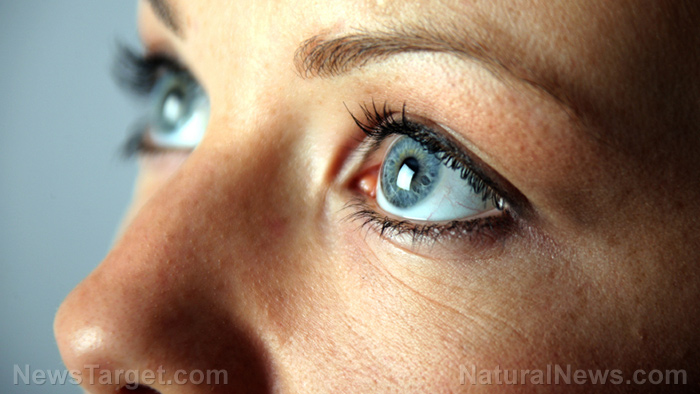by Isabelle Z.
Most of us take our vision for granted. We don’t really give our eyesight a second thought… until something is wrong with it. Unfortunately, there’s a good chance that you will run into vision problems as you age as a result of macular degeneration, and this can negatively affect your quality of life. Luckily, scientists have found a great way you can try to hold on to your vision even when this condition sets in, and it’s as easy as consuming the right types of vitamins in the right quantities.
A progressive disease that can rob you of your sight, age-related macular degeneration affects the retina and causes you to lose your central vision. Your peripheral vision might be normal, but you eventually lose the ability to see fine details. It’s said that being overweight, older than 50, and consuming a diet high in saturated fat raises your risk of age-related macular degeneration, but it’s incredibly common overall. One out of every three people aged 80 or older have signs of the disease.
Among those with age-related macular degeneration, eight out of ten will have the dry form, which is caused by a thinning in the macula. It usually starts when tiny deposits form beneath the retina, and it often causes a blurry spot in central vision.
A team of researchers from the Cochrane Review recently carried out a study to assess whether vitamins and minerals can slow the progression of the disease in those who have it. They analyzed data taken from 19 different studies in the U.S., Europe, China and Australia. While some had mixed results, one very large study with a six-year follow-up period showed that a combination of vitamin E, carotenoids, zinc, and vitamin C could make a difference.
One of the biggest and most famous studies on the matter is known as the Age-Related Eye Disease Study 2, or AREDS 2. This study followed patients to determine how nutritional supplements could help lower the risk of the disease progressing and causing vision loss.
The combination that they found to be effective was made up of 500 milligrams of vitamin C, 400 international units of vitamin E, 80 milligrams of zinc, 10 milligrams of lutein, 2 milligrams of copper, and 2 milligrams of zeaxanthin.
Eating the right foods can make all the difference
While taking these supplements can be useful, studies indicate that nutritional supplements on their own won’t prevent or delay advanced age-related macular degeneration. That’s why experts recommend that you eat a healthy diet full of vision-enhancing nutrients.
For example, leafy greens like spinach and kale are excellent sources of lutein and zeaxanthin, while avocados and broccoli also contain high amounts. Citrus fruits like oranges, lemons and grapefruits, with their high vitamin C content, can also reduce the risk of macular degeneration in the first place. Experts recommend that you look for yellow and orange vegetables in particular as they tend to be high in carotenoids, which support eye health – and yes, carrots do help your vision, although they’re not quite as magical as some people believe.
If you have dry eyes as well, eat plenty of foods that are rich in omega 3 fatty acids, like salmon, sardines, mackerel and nuts.
The Cochrane Report researchers say that the vitamins can be helpful to those with the disease, and they suggest that eye care practitioners discuss this option with their patients in depth. Because vitamins are generally safe, there is little to lose and everything to gain. (Natural News).



